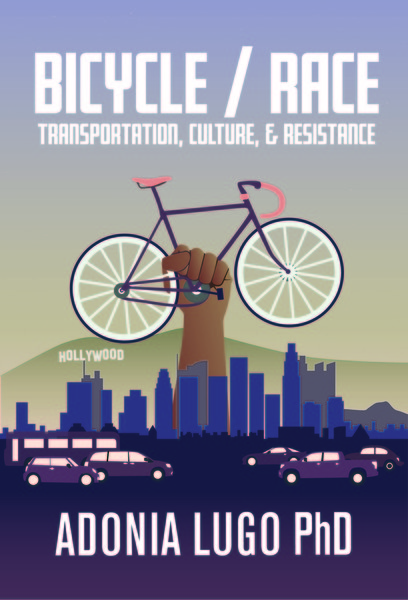The Long Beach airport seduces LA travelers with its tiny terminal and Jet Blue fares. It's a bit out of the way, though, a few miles from the Blue Line regional connector train and even further from downtown Long Beach's relatively well-served public transit grid. My ex-boyfriend Bobby discovered some time ago that biking from the Wardlow Blue Line station makes the most sense for the able bodied among us. Today I was returning, bikeless, from a long trip to the South and the Pacific Northwest, so I would need to choose between an overpriced taxi ride or an inconvenient bus ride to get me to the Blue Line.
I'm not a fan of taxis; being a cyclist has made me very sensitive to aggressive driving, and most cab rides make me feel like I'm about to be party to murder. Plus the last time I took a cab from the Blue Line to the airport the cabbie and I got into an argument about the legality of him holding a cell phone to his ear as we careened madly down a highway. That didn't make me feel too good about the world, so this time around I decided to save $18 and take a bus for $1.25.
I bought a coffee so I'd have change for the bus, telling the guy at the counter my plan. He cheerfully commented that I'd be lucky to get home that day, and told me a story about having to eventually call in sick to work one day after the bus failed to come for hours. Didn't the bus service understand that working people rely on the bus?
Then I set out for the bus stop, a half mile walk away from the airport. This meant strolling down a sidewalk with an eight lane road on one side and various warehouses on the other, with my tote bag occasionally slipping off my shoulder and jarring the hot coffee in my hand. I started enjoying taking part in a deliberate disruption of this particular built environment, which had been designed to accommodate flows of automotive traffic. Whether intentional or merely shortsighted, this street erased people like me and the coffee shop worker from the equation, imagining the space to be used only by humans melted into sealed luxury capsules.
I caught my bus, fortunately, and headed to the Blue Line. For some reason the bus driver didn't want me to pay my fare till after we'd passed under the 405, where I saw some pedestrians walking across freeway on and off ramps without even a pretense of a sidewalk left.
After we passed Redondo on Willow the bus driver got off the bus and got into the driver's seat of a black BMW. A man smoking a long cigarette sat in the passenger seat. While the new bus driver adjusted herself the BMW zoomed away.
I think this sums up one of the biggest contradictions in public transportation. Operators make a middle class wage and eschew using the service they provide to other working people. What if the former poor had less contempt for the current poor? Would bus service be better? Of course I hardly think people can be blamed for slamming the door on what they consider to be low class (such as riding the bus) once they've raised their incomes. Is this not the American dream?
I've been riding trains, buses, and bikes long enough to understand that Americans have a horror of being perceived as inconvenienced. Waiting for a bus? Who would endure such humiliation? Spend two days on a train? It just doesn't make sense! Ride a bike instead of driving? It all smacks of disempowerment, even though people don't usually come out and say it. The self-determination implied by driving and flying act as a security blanket for people who know what it is to struggle.

